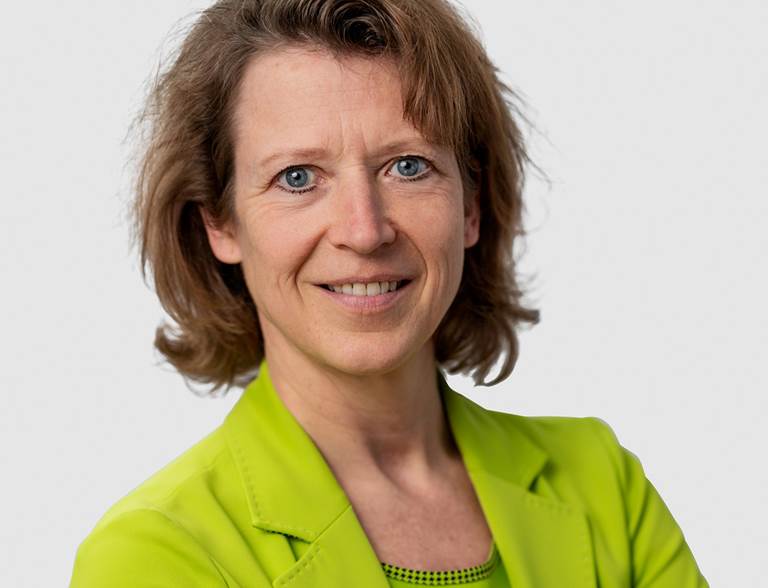
Message from the Chief Investment Management
At the time of writing this message, the war in Ukraine is ongoing. The horrific humanitarian disaster we are witnessing can barely be comprehended and prevents us from immediately understanding all of its short- and long-term consequences. And yet, in addition to the humanity that is required of us, that is precisely our task as managers of large pension assets. Because if the world is vulnerable to war and violence, so are our pension assets. Pensions pay off best in a stable world that resolves its major issues. Instead, we are in danger of ending up in a long period of instability and conflict, with more challenges to come.
The rapid decision to not take on any new investments in Russia, followed by the decision of our clients to part with their Russian investments, were just the first steps. Shocking events, such as the invasion of Ukraine, change every conversation, including those with our clients. They create an urgency to adjust policies faster in fundamentally changed circumstances. Fortunately, we do have some guidance. 2021, the year we reflect on in this report, had two major themes that concerned us as investors in particular: COVID-19 and climate change. The COVID-19 crisis demonstrated the extent of interdependence in the world and underlined the key social role of the hundreds of thousands of employees in the healthcare and welfare sector on which PGGM works. The climate issue was already very high on our agenda, and that will not change.
Both are long-term challenges, just like the matter of peace and security in Europe. They require a reorientation of how we deploy capital. The framework we now use for this is PFZW's Investment Policy 2025, which combines financial ambition with reducing negative effects on the world and increasing the social impact of investments. Last year, with all new climate reports and the outcome of COP-26, it became clear that this policy needed further refinement where fossil investments are concerned. Together with PFZW, we looked at what additional action is needed in this regard. This resulted in a new approach. We indicate in advance what we expect from fossil energy companies in terms of their commitment to 'Paris' and their willingness to make a concrete transition. They must make a credible contribution to limiting global warming to a maximum of 1.5 degrees Celsius in 2050. In 2022, the first divestments will follow of companies that do not have CO2 reduction targets.
In addition, we carried out a major analysis at PGGM to anticipate and respond to changes in the social and political environment and developments in the market in a timely fashion. Our Vision 2030 project resulted in outlines for the type of asset management which will be needed from us in the future. This provides us with insights that we will also use to respond to events in Ukraine and to shifting dynamics in the world. We are now translating this vision into a strategy, the cornerstones of which are realising good returns through long-term value creation and generating a positive impact on the world. We already see a new relationship between issues such as climate and energy security, which will offer us, as investors, both risks and opportunities. We will use all the resources we have to address these issues. But I cannot write this down without expressing the heartfelt wish that the suffering in Ukraine will end as soon as possible.
Geraldine Leegwater, Chief Investment Management
- Stable financial results
- Asset management
- How our clients’ investments contribute to the SDGs
- How we mitigate our negative impact
- Active ownership
- ESG integration
- Optimal risk management of investments
- Dealing with climate risk as financial risk
- Enterprise Risk Management
- Compliance
